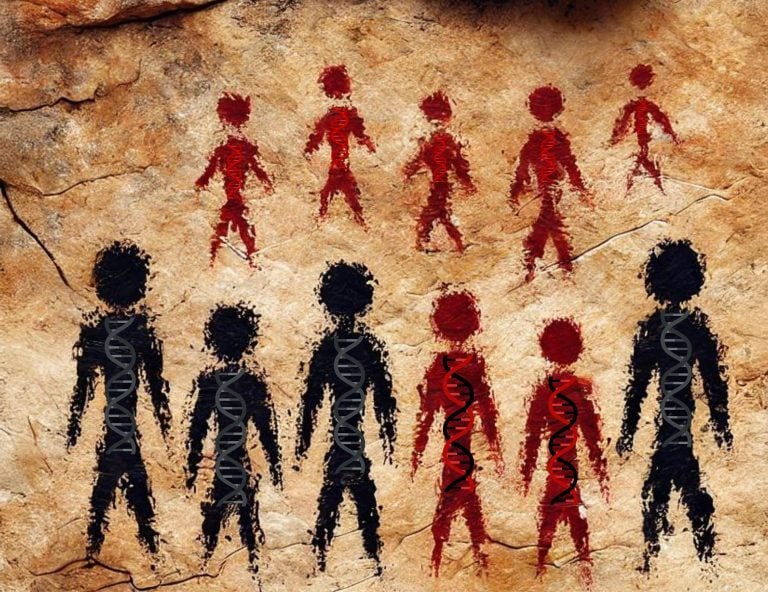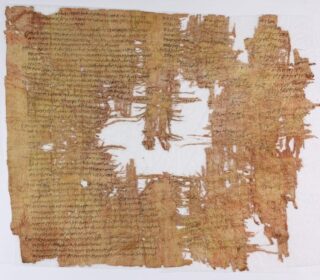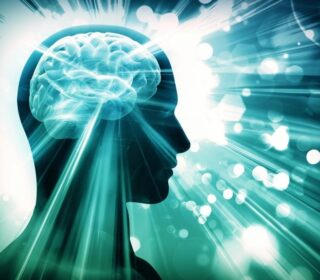A groundbreaking study has shed new light on the timeline of human-Neanderthal interbreeding, revealing that this process occurred over a span of approximately 7,000 years. This finding has significant implications for our understanding of human migration and the role of Neanderthal genes in modern human health.
The Study
Researchers analyzed DNA from ancient modern humans in Europe and Asia, as well as present-day human genomes. The study found that Neanderthals interbred with modern humans starting around 50,500 years ago, with this process lasting for approximately 7,000 years. This interbreeding left a lasting legacy, with Eurasians inheriting between 1% and 2% of their genes from Neanderthals.
Archaeological and Genetic Corroboration
The genome-based estimate of interbreeding is consistent with archaeological evidence, which suggests that modern humans and Neanderthals coexisted in Eurasia for between 6,000 and 7,000 years. The study’s findings also imply that the initial migration of modern humans from Africa into Eurasia was largely complete by around 43,500 years ago.
Key Findings and Evolutionary Implications
The study’s lead authors, Leonardo Iasi and Manjusha Chintalapati, highlight the significance of the findings. “The timing is really important because it has direct implications on our understanding of the timing of the out-of-Africa migration,” said Chintalapati. The study’s findings also have implications for understanding the settlement of regions outside Africa.
Analyzing Neanderthal Genes in Modern Humans
The study’s researchers analyzed DNA from 58 ancient genomes sequenced from modern human bones found in Eurasia. The analysis revealed that East Asians have approximately 20% more Neanderthal genes than Europeans and West Asians. This finding suggests that modern humans may have moved eastward around 47,000 years ago, already carrying Neanderthal genes.
Conclusion
The study’s findings provide a more complete picture of human-Neanderthal interbreeding and its legacy in modern human genomes. The research highlights the complexity of human migration and the role of Neanderthal genes in shaping modern human health.
Reference
Iasi, L., Chintalapati, M., Peter, B., & Moorjani, P. (2024). The timing of Neanderthal admixture in modern humans. Science, 376(6603), 1234-1238.

















